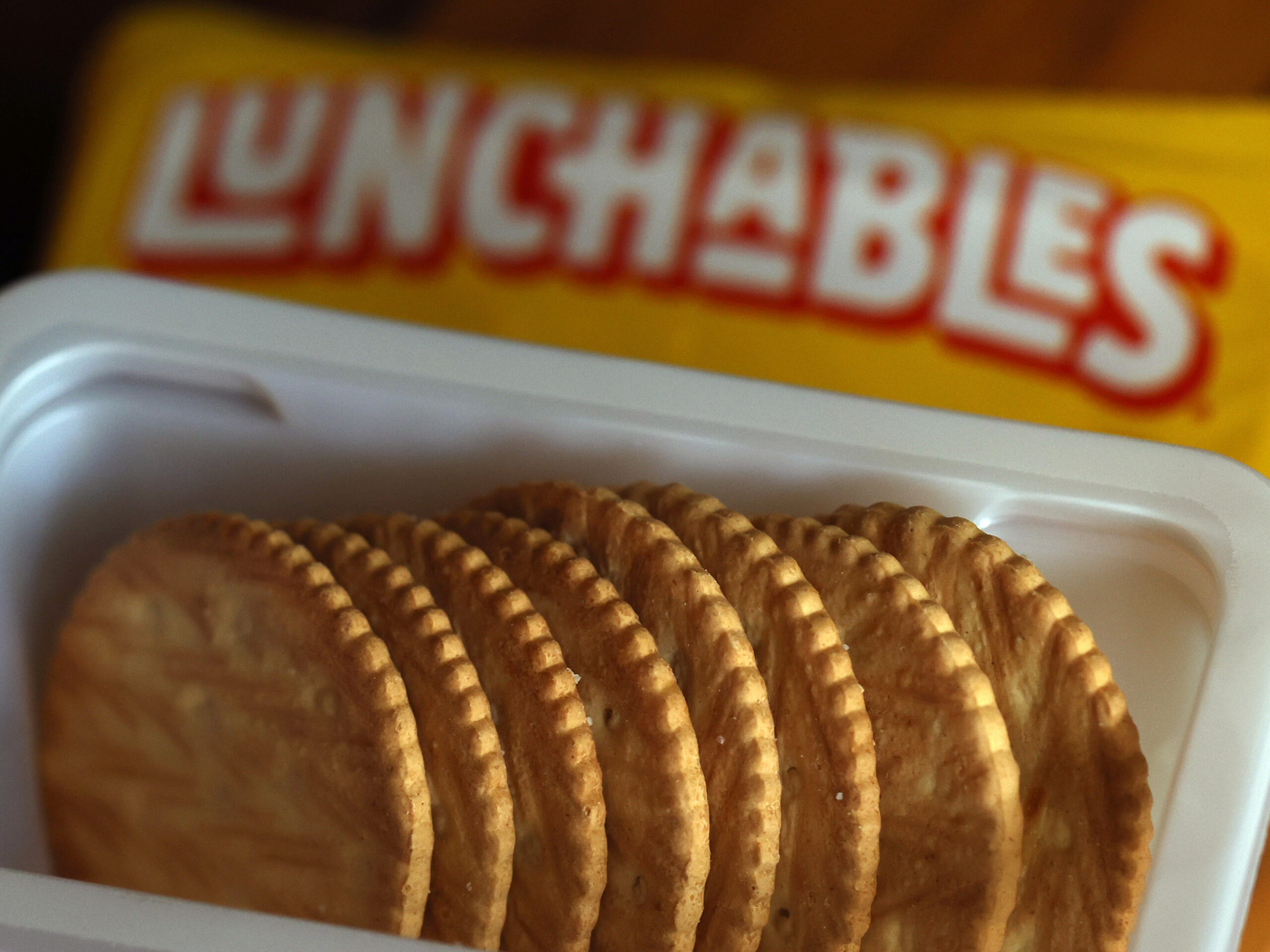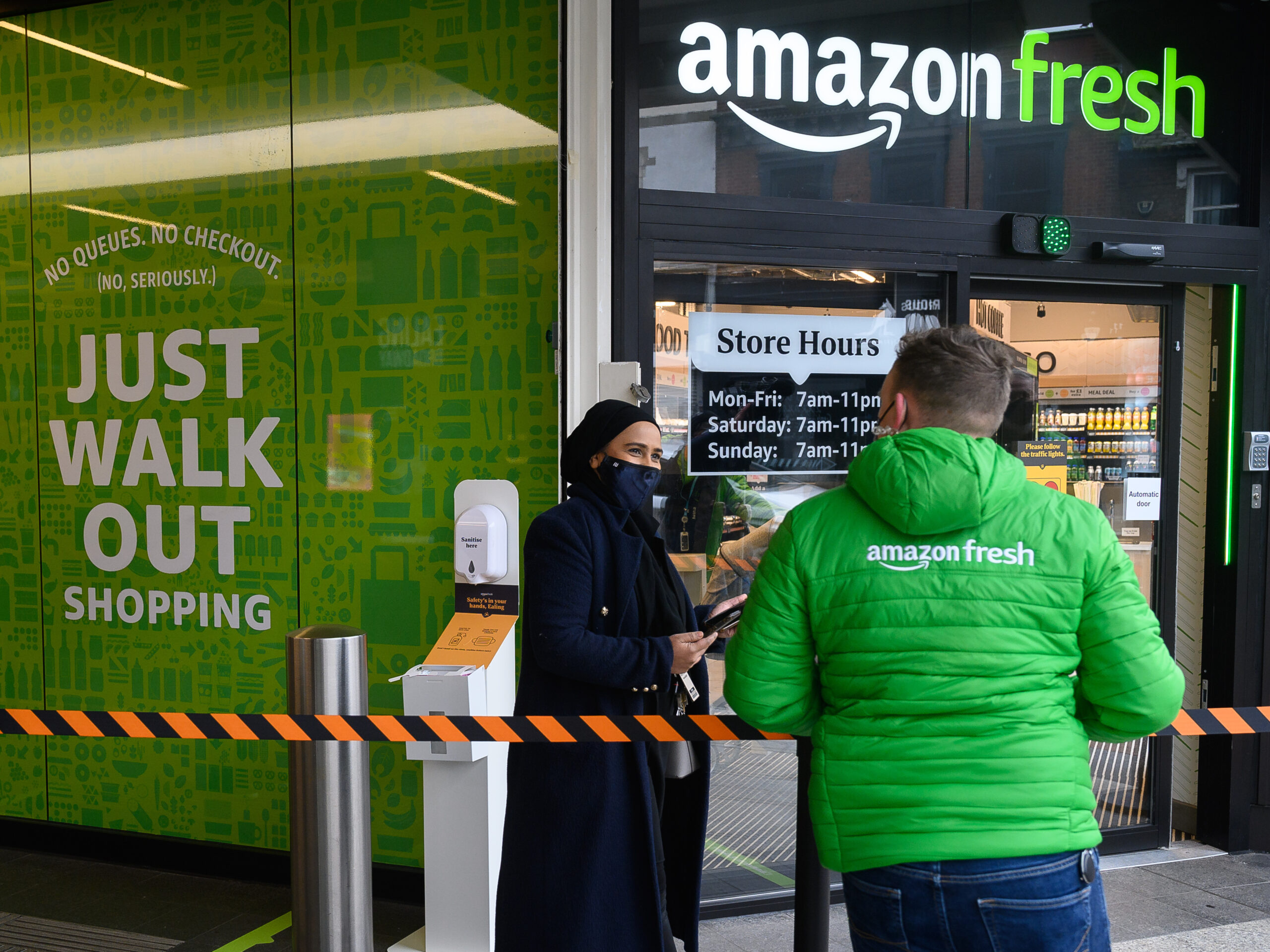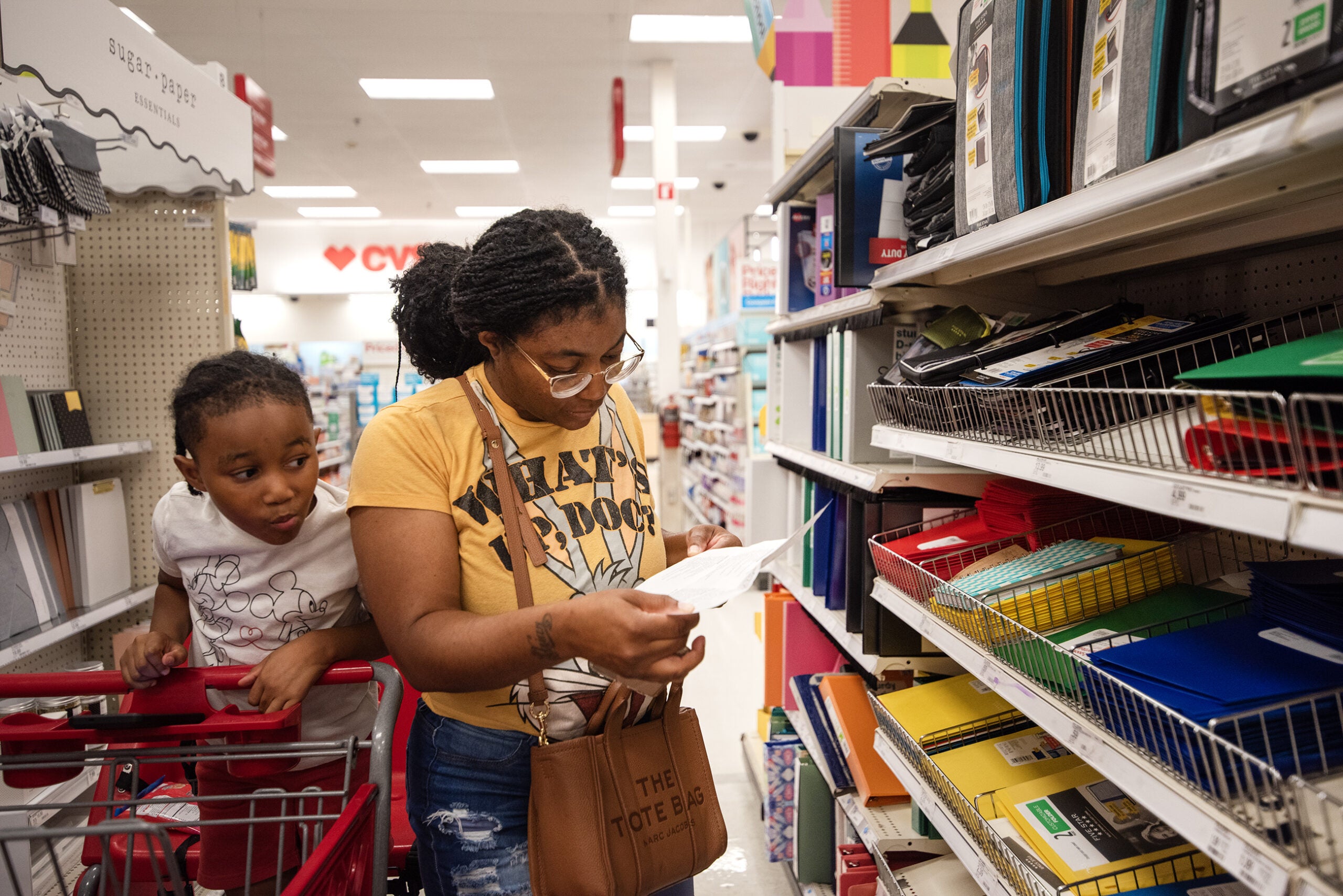It’s time for back to school shopping and our consumer protection experts are here to help you prepare. They have advice on how to shop smart and also give tips to keep college students from making financial mistakes.
Featured in this Show
-
With New School Year Coming, Expert Offers Shopping Tips
With many schools welcoming students back to class later this month, many consumers are looking for back to school sale deals. According to consumer experts, there are many opportunities for consumers to save and be cautious.
The average cost of sending a child back to school is $673.57 so bargain shopping is smart, but the best way to save money is to make sure the store doesn’t overcharge, said Sandy Chalmers, of the Wisconsin Department of Agriculture, Trade and Consumer Protection.
“There are lots of price comparison apps you can use now, and certainly reviewing the advertisements and (newspaper) circulars is important, but the most important thing here is to keep an eye on the display screen when items are being scanned and rung up,” she said.
If a consumer suspects being overcharged, the best time to raise the issue is at the cash register, as it can be easier to remedy the situation while in the store, rather than at a later date, Chalmers said.
“It’s a good idea to double check your receipt before you leave the store to make absolutely sure that the totals are correct,” Chalmers said.
She added that under state law, the store is required to refund any overcharge amounts. So if an overcharge is detected after leaving the store contact customer service for a guaranteed refund.
However, keeping your receipt is necessary for those refunds and is a good habit to practice, said Michelle Reinen, director of the Bureau of Consumer Protection at the DATCP.
“We always encourage consumers to look at their credit card statement to make sure it’s accurate,” Reinen said. “So for that purpose, I’d at least keep the receipt until you get your bill so you can verify your charge. You want to keep it if there’s been an error until you complain and the error gets resovled.”
Another benefit of keeping your receipt, even if you use cash or have no overcharges, is that some stores offer price adjustments if they put something on sale the next week, Reinen said.
Consumers having trouble with an overcharge situation that a store won’t resolve should file a complaint on the DATCP website.
Episode Credits
- Larry Meiller Host
- Sandy Chalmers Guest
- Michelle Reinen Guest
- L. Malik Anderson Producer
Wisconsin Public Radio, © Copyright 2024, Board of Regents of the University of Wisconsin System and Wisconsin Educational Communications Board.





